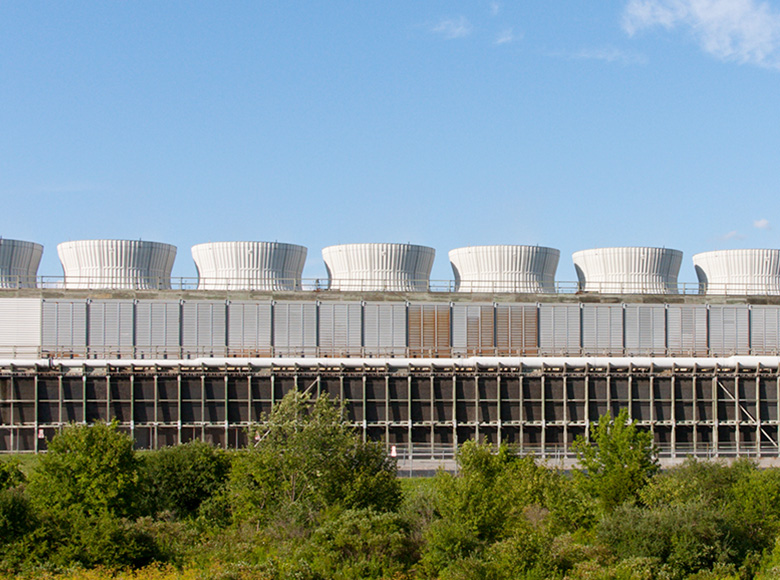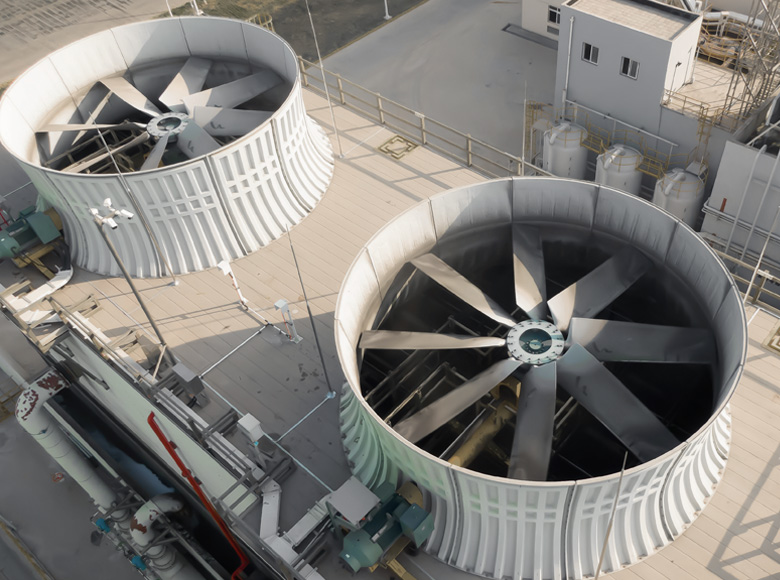
40
BILLION tCO2 EMITTED ANUALLY TODAY

10
BILLION tCO2 TO BE EXTRACTED PER YEAR
10,000
tCO2 IS WORLD DAC CAPACITY TODAY

1000
MILLION tCO2 GLOBALLY IN COOLING TOWERS
A permanent way to remove CO2
In the race to achieve a sustainable and resilient future, we stand at a defining moment. We are in a climate emergency and the moral imperative to reach net-zero is clear. How we get there, however, is not.
Simply cutting down emissions alone is not enough. We must ramp up and remove carbon that has accumulated in our atmosphere for hundreds of years.
Direct Air Capture (DAC) is a key emerging technology that can capture CO2 directly from ambient air and we at Captur are dedicated to advancing DAC to achieve gigaton scale, smartly and quickly.
Current DAC technologies are energy and capital intensive today, limiting their deployment.

Captur offers an ecosystem approach to industrializing DAC
By taking on an ecosystem approach that reinvents existing infrastructure, Captur aims to address DAC‘s current cost and complexity by focusing not just on process innovation but also what is needed to make such a technology come to life: supporting infrastructure, road and pipeline networks, efficient energy sources, and communities.
Retrofitting cooling towers
By integrating DAC units with cooling towers, waste heat systems, and other existing industrial infrastructure, Captur can deploy DAC faster at a much lower cost.
10,000 tCO2 flows in a single cooling tower cell today. With an installed base of over 100,000 cooling towers, Captur can ramp up global DAC capacity quickly to reach global Net Zero targets.




